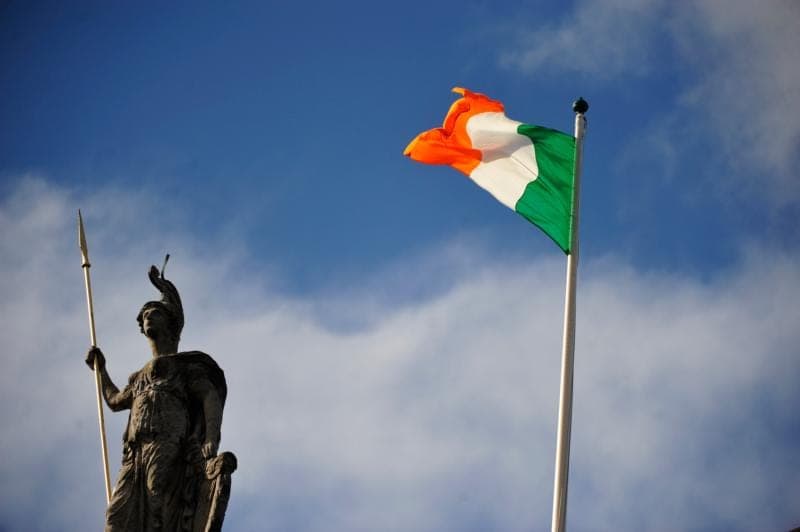LEICESTER, United Kingdom – A bishop in Ireland is warning that the greatest danger in the fight against abuse is to “relax and believe that the worst is in some way behind us.”
Bishop Brendan Leahy of Limerick said society sometimes wants “to simplify this issue and move on.”
“To stay with an awareness of the pervasiveness of abuse and those dark parts of our human nature and the tendency to exploit weakness and vulnerability, may be almost too much,” he said.
But the bishop said “to take this view would be a profound error which would compound the historical failures.”
The bishop was speaking at a child safeguarding conference which took place in his diocese on January 11, where he also praised the recent #MeToo internet movement for drawing attention to sexual abuse in society.
“In recent weeks, millions have joined the social media conversation using the hashtag #MeToo, or its equivalent, on Twitter, Facebook and Instagram – women and men denouncing harmful sexual experiences,” Leahy said.
“Many are revealing for the first time, via social media, their own stories. While the majority of those sharing #MeToo stories are adult women, a large number of the shared stories reveal sexual abuse that began when they were still minors,” the bishop continued.
The theme of the conference was ‘Building Collaboration in Safeguarding,’ and it involved 100 representatives of organizations across the Diocese of Limerick.
Leahy said people of his generation had almost no awareness of the pervasiveness and impact of abuse in society.
“As a consequence, failure to recognize and respond appropriately to the complex issues which abuse presents, has at times compounded the profound and harmful impact on the lives of many young and vulnerable persons,” he said.
“At one point in trying to tackle the issues, we began speaking about child protection. Today we speak instead of ‘safeguarding’ because ‘safeguarding’ is a concept that reaches beyond protection, responding not only to problems which have occurred but incorporates the prevention of harm and the promotion of welfare. Safeguarding also extends beyond children to include people of all ages and abilities who may have vulnerabilities which expose them to a risk of abuse,” Leahy said.
The bishop also spoke about his meetings with the victims of sexual abuse, and what he learned from these encounters.
“This can impact on all dimensions of their lives and there are no quick or simple solutions to what are sometimes their lifelong struggles,” he said.
Revelations about clerical sexual abuse has left public confidence in the Church at its lowest level in the history of Ireland.
In 2011, the Irish Prime Minister Enda Kenny said the “historic relationship between church and state in Ireland could not be the same again. The rape and torture of children were downplayed or ‘managed’ to uphold instead the primacy of the institution, its power, standing and reputation.”
Once the most Catholic nation in Europe, in 2015 Ireland held a referendum on same-sex marriage in which 62 percent of the voters backed changing the constitution to allow the practice. The government is now preparing another referendum to strike down the constitution’s protections for the unborn, allowing legalized abortion in the country.
Pope Francis is expected to visit the country during the World Meeting of Families, which is taking place in Dublin from August 21-26, 2018.















